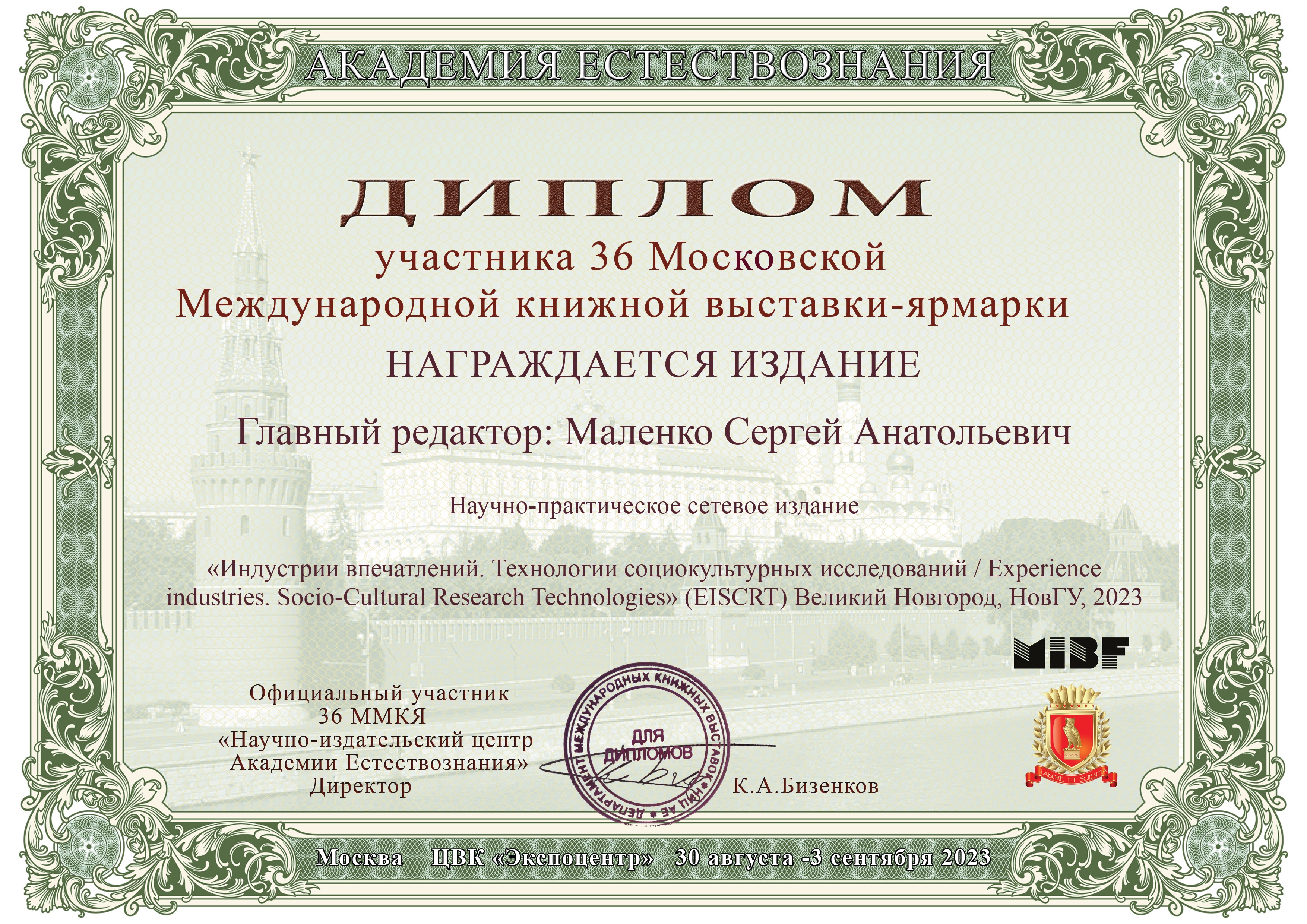“THE SOCIETY OF THE SPECTACLE” IN THE 21ST CENTURY: WHAT GUY DEBORD DIDN’T SAY
DOI:
https://doi.org/10.34680/EISCRT-2025-3(12)-19-48Keywords:
society of the spectacle, hyperreality, simulation, fluidity, desocialization, total spectacle, useless class, brain rot, transparency, groundlessnessAbstract
The article is devoted to the analysis of the concept of the "society of the spectacle" by Guy Debord. The thinker addressed his concept twice, with an interval of twenty years, checking and adjusting it. The work attempts to extrapolate this concept to the realities of the 21st century, to reveal its heuristic potential in modern conditions. A conclusion is made about the transition of the "society of the spectacle" to a new stage, with a set of dominant characteristics not described by Guy Debord. The authors highlight new characteristics of the "society of the spectacle", such as: totality, "baselessness", hyperrealism, "transparency", simulativity (J. Baudrillard), "fluidity" (Z. Bauman), and a number of less significant ones (interactivity, immersion, seriality). Attention is drawn to a fundamentally new type of "spectacle" formed by artificial intelligence. The possible consequences of the further development of the "society of the spectacle" are substantiated, both negative: desocialization of the youth, the so-called brainrot ("brain rot"), and positive: the involvement of the "useless class" in mass free spectacles as a socially neutral alternative to mass protest movements.








